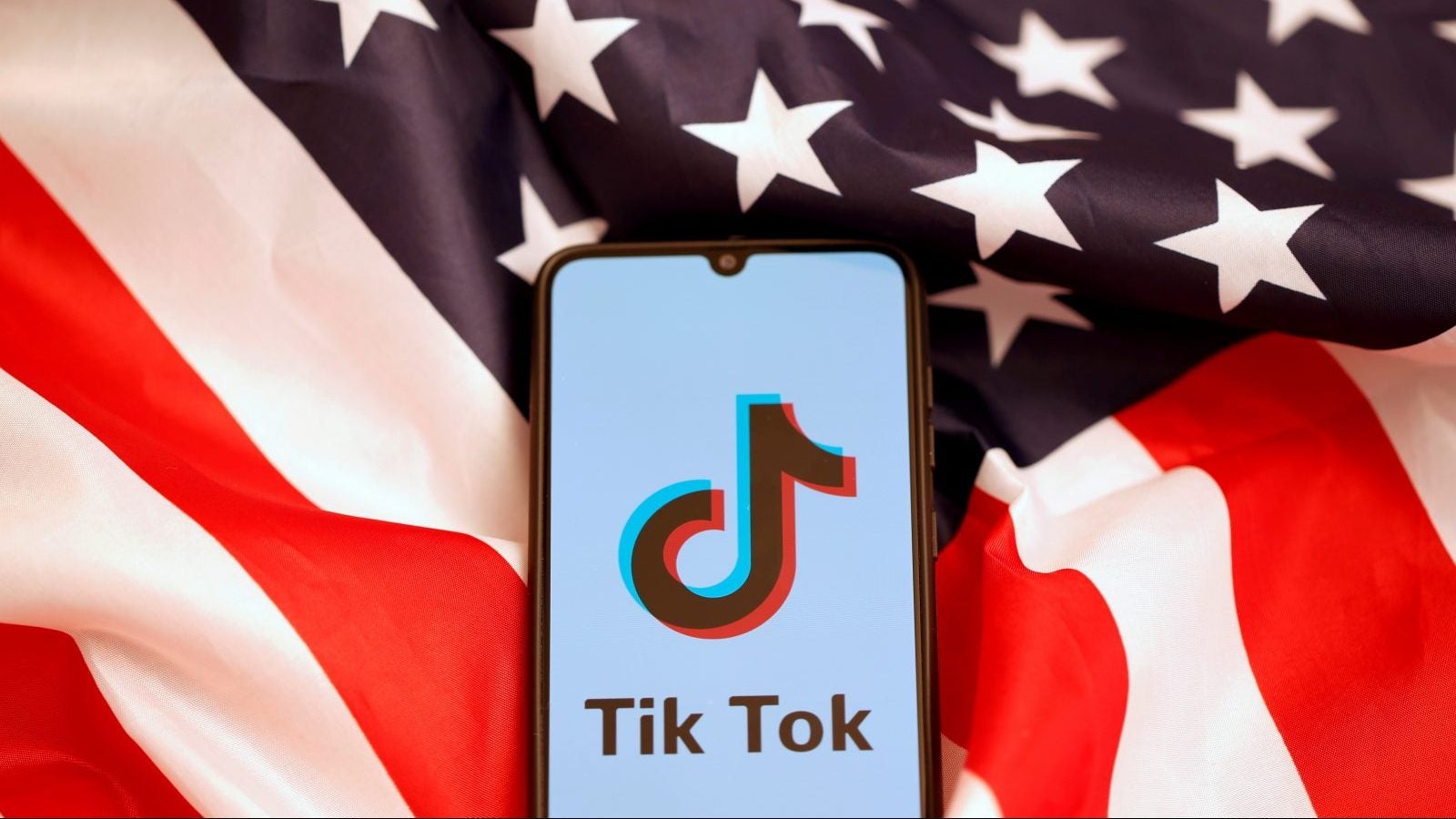For one brief moment, Amazon was the first US company to ban TikTok for employees
In a company-wide email on Friday, Amazon employees were told that they had until the end of the day to delete short-form video app TikTok from their phones. “Due to security risks,” the email reads, “the TikTok app is no longer permitted on mobile devices that access Amazon email.” Seven hours later, the company backtracked.


In a company-wide email on Friday, Amazon employees were told that they had until the end of the day to delete short-form video app TikTok from their phones. “Due to security risks,” the email reads, “the TikTok app is no longer permitted on mobile devices that access Amazon email.” Seven hours later, the company backtracked.
“This morning’s email to some of our employees was sent in error,” an Amazon spokesperson said in an emailed statement. “There is no change to our policies right now with regard to TikTok.”
Amazon’s almost-ban follows a real ban last month by the government of India, where TikTok has more users than anywhere else in the world. The move was seen as part of a growing movement to boycott Chinese apps, which critics say make user data available to authorities in Beijing. On Monday, US secretary of state Mike Pompeo went so far as to say that the US is “certainly looking” at banning Chinese social apps. Pompeo said Americans should use TikTok “only if you want your private information in the hands of the Chinese Communist Party.” (The US Navy has already forbidden service members from using the app.)
So far, there has been no evidence that China is using TikTok to spy on its rivals, and the US government’s ability to keep the average person off TikTok is limited to indirect and legally dubious regulatory maneuvers. That would make it possible for the first major US salvo against the app to come from a corporation, not Donald Trump. With little red tape, Amazon CEO Jeff Bezos could set company policy that directly affects roughly 800,000 US employees.
If a company were to ban TikTok use for its employees, it would be out of an abundance of caution, says James Lewis, who heads technology policy at the Center for Strategic and International Studies. “I guess the theory is that the Chinese state could embed malicious code in the app,” he says. “I don’t know if that makes any sense. When I saw the news, I thought maybe they just got tired of their employees wasting time watching TikTok.”
TikTok is only the latest social media company to find itself in digital-privacy crosshairs, Lewis pointed out. A few weeks ago, Zoom faced backlash for routing some calls through Chinese servers and suspending accounts at Beijing’s request; meanwhile, Facebook has been under the microscope for over a decade. “This is part of being a social media company,” Lewis says. “People become hyper-aware of the risks.”
Alexis Hancock, a technologist at the privacy-focused Electronic Frontier Foundation, said that the conversation around TikTok has muddled two sets of privacy concerns that should be separated: worries about state actors using apps for espionage, and alarm at the sprawling permissions that many apps have to access data on our phones. “TikTok is highlighting the permissions creep that a lot of applications have,” she said, but “there’s been no confirmation of the Chinese government using TikTok to spy on US citizens.”
Over the past few months, TikTok owner ByteDance has been making every effort to emphasize its separation from Beijing. In response to Pompeo’s comments, a spokesperson told ABC News that TikTok is “led by an American CEO, with hundreds of employees and key leaders across safety, security, product, and public policy here in the US. We have no higher priority than promoting a safe and secure app experience for our users.” Kevin Mayer, previously head of streaming at Disney, joined TikTok as CEO in May.
Lewis, too, says ByteDance’s significant financial incentive—the company pulled in a reported $3 billion in profit last year—makes it “improbable that they would take the risk” of loading TikTok up with malware.
“User security is of the utmost importance to TikTok,” the company told Quartz in a statement. “We are fully committed to respecting the privacy of our users.”